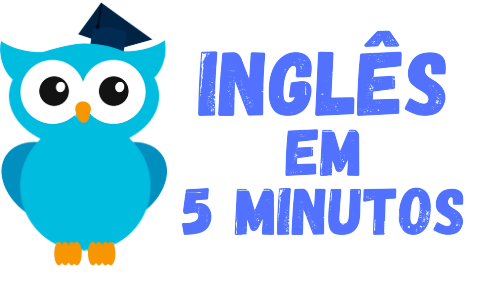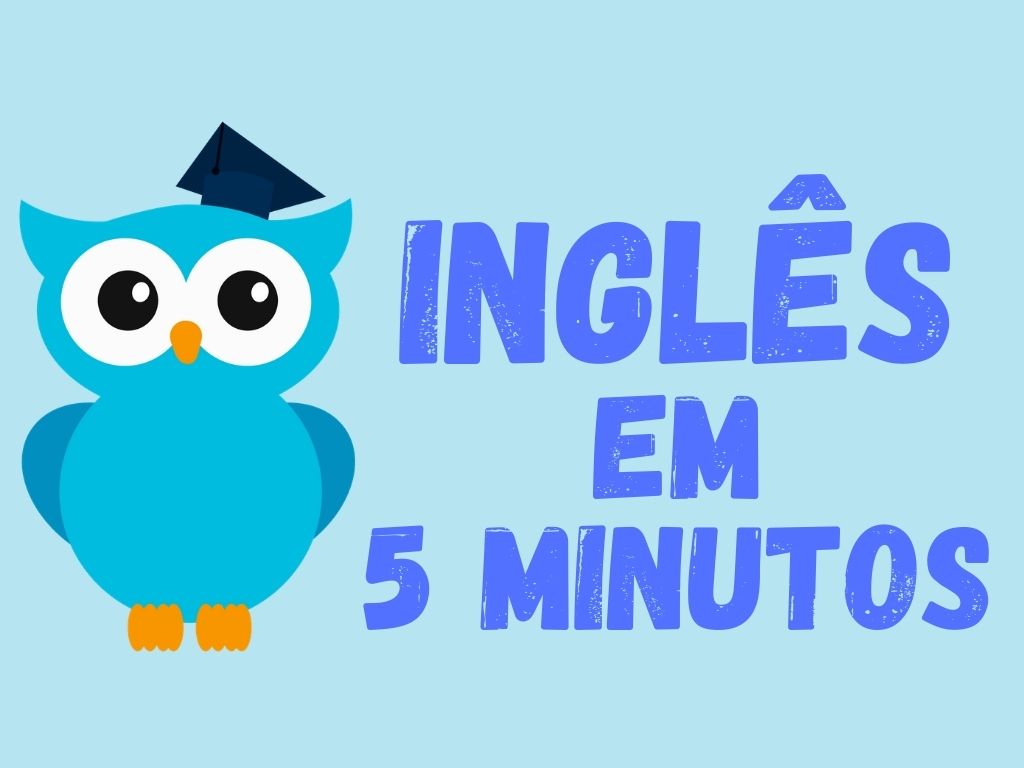Achieve
To achieve something is to successfully do it after
trying hard.
I was happy that I could achieve my goal.
Alcançar
algo é fazê-lo com sucesso depois de muito esforço.
Fiquei
feliz por ter conseguido atingir meu objetivo.
Advise
To advise someone is to tell them what to do.
My mother often advises people about their money.
Aconselhar
alguém é dizer-lhe o que fazer.
Minha
mãe costuma aconselhar as pessoas sobre seu dinheiro.
Already
If something happens already, it happens before a certain
time.
It is already time for the movie to start. Let’s go
in.
O
momento em que algo acontece.
Já
é hora do filme começar. Vamos
entrar.
Basic
If something is basic, it is very simple or easy.
I learned some basic English skills in school today.
Se
algo é básico, é muito simples ou fácil.
Eu
aprendi algumas habilidades básicas de inglês na escola hoje.
Bit
A bit is a small amount of something.
I ate a bit of chocolate before I went to bed.
Um
pouco é uma pequena quantidade de algo.
Comi
um pouco de chocolate antes de ir para a cama.
Consider
To consider something means to think about it.
Pete didn’t like his job. He considered getting a new
one.
Considerar
algo significa pensar sobre isso.
Pete
não gostava de seu trabalho. Ele pensou em comprar um novo.
Destroy
To destroy means to damage something so badly that it
cannot be used.
The glass was destroyed.
Destruir
significa danificar tanto algo que não pode ser usado.
O vidro foi destruído.
Entertain
To entertain someone is to do something that they
enjoy.
The clown entertained the kids at the party.
Para
entreter alguém é fazer algo que eles gostem.
O
palhaço divertiu as crianças na festa.
Extra
If something is extra, it is more than what is needed.
The squirrel had extra nuts for the winter.
Se
algo é extra, é mais do que o necessário.
O
esquilo tinha nozes extras para o inverno.
Goal
A goal is something you work toward.
Her goal was to become a doctor.
Um
objetivo é algo pelo qual você trabalha.
Seu
objetivo era se tornar médica.
Lie
To lie is to say or write something untrue to deceive
someone.
Whenever Pinocchio lied to his father, his nose grew.
Mentir
é dizer ou escrever algo falso para enganar alguém.
Sempre
que Pinóquio mentia para o pai, seu nariz crescia.
Meat
Meat is food made of animals.
This piece of meat I’m eating tastes very good.
Carne
é comida feita de animais.
Este
pedaço de carne que estou comendo tem um gosto muito bom.
Opinion
An opinion is a thought about a person or a thing.
Meg told me her opinion of my story. She said it was
not funny.
Uma
opinião é um pensamento sobre uma pessoa ou uma coisa.
Meg
me contou sua opinião sobre minha história. Ela disse que não era engraçado.
Real
If something is real, it actually exists.
The handbag has a stamp on it, so it’s real.
Se
algo é real, ele realmente existe.
A
bolsa tem um carimbo, então é real.
Reflect
To reflect is when a surface sends back light, heat,
sound or an image.
Her face was reflected on the smooth glass.
Refletir
é quando uma superfície envia de volta luz, calor, som ou uma imagem.
Seu
rosto estava refletido no vidro liso.
Regard
To regard someone or something is to think of them in
a certain way.
The boy regarded the girl as a good friend.
Considerar
alguém ou algo é pensar neles de uma certa maneira.
O
menino considerava a menina uma boa amiga.
Serve
To serve someone is to give them food or drinks.
He served us our drinks quickly.
Servir
a alguém é dar-lhe comida ou bebida.
Ele
nos serviu nossas bebidas rapidamente.
Vegetable
A vegetable is a plant used as food.
Carrots are my favorite vegetable.
Um
vegetal é uma planta usada como alimento.
A
cenoura é o meu legume preferido.
War
A war is a big fight between two groups of people.
Many young men died in the war.
Uma
guerra é uma grande luta entre dois grupos de pessoas.
Muitos
jovens morreram na guerra.
Worth
If something is worth an amount of money, it costs
that amount.
Our house is worth a lot of money.
Se
algo vale uma quantia em dinheiro, custa essa quantia.
Nossa casa vale muito dinheiro.
The Seven Cities of Gold
Many years ago, a Spanish officer named Coronado heard
the story of seven great cities. “The walls of these cities are made of gold,”
his friends told him. “The people eat meat from golden plates and dress in nice
clothes,” they said. They called these cities the Seven Cities of Gold. Were
the cities real? Coronado never considered asking his friends. Coronado thought
to himself, “The things in these cities must be worth a lot of money.” So he
went to find the Seven Cities of Gold. He took along three hundred men, many
horses, and extra food. They headed west. Coronado wanted to achieve his goal
very badly. Coronado and his men rode for many days. Then they saw some cities.
“We found the Seven Cities of Gold!” his men yelled, but Coronado wasn’t happy.
He had a different opinion. “These can’t be the Seven Cities of Gold,” he said.
“Look, they’re made of dirt!” Coronado was right. The cities weren’t bright and
golden. They were dirty and brown. The people didn’t eat meat from golden
plates. They ate vegetables from regular bowls. They wore the most basic
clothes. Coronado regarded the cities as ugly places. “What happened to the
cities of gold?” he thought. “Did someone destroy them? Was there a war? Did
someone already come and take the gold?” That night, the people of the cities
entertained Coronado and his men and served them food. They advised Coronado to
go home. “There is no gold here,” they told him. Coronado was angry. Did his
friends lie to him? He left the next morning. He looked back at the cities one
more time. The sun reflected light on the dirt houses. Coronado thought he saw
a bit of gold. Were his friends right after all? “No,” he told himself. “It’s
just the sun.” Then he turned away and went home.
As
sete cidades de ouro
Muitos anos atrás, um oficial espanhol chamado Coronado ouviu a história de sete grandes cidades. “As paredes dessas cidades são feitas de ouro”, disseram seus amigos. “As pessoas comem carne em pratos de ouro e se vestem com roupas bonitas”, disseram eles. Eles chamaram essas cidades de Sete Cidades de Ouro. As cidades eram reais? Coronado nunca pensou em perguntar a seus amigos. Coronado pensou consigo mesmo: “As coisas nessas cidades devem valer muito dinheiro”. Então ele foi encontrar as Sete Cidades de Ouro. Ele levou trezentos homens, muitos cavalos e comida extra. Eles seguiram para o oeste. Coronado queria muito atingir seu objetivo. Coronado e seus homens cavalgaram por muitos dias. Então eles viram algumas cidades. “Encontramos as Sete Cidades de Ouro!” seus homens gritaram, mas Coronado não gostou. Ele tinha uma opinião diferente. "Estas não podem ser as Sete Cidades de Ouro", disse ele. “Olha, elas são feitas de terra!” Coronado estava certo. As cidades não eram brilhantes e douradas. Eles estavam sujos e marrons. As pessoas não comiam carne de pratos de ouro. Elas comiam vegetais de tigelas regulares. Elas usavam as roupas mais básicas. Coronado considerou as cidades como lugares feios. “O que aconteceu com as cidades de ouro?” ele pensou. “Alguém os destruiu? Houve uma guerra? Alguém já veio e pegou o ouro?” Naquela noite, o povo das cidades entreteve Coronado e seus homens e serviu-lhes comida. Eles aconselharam Coronado a ir para casa. “Não há ouro aqui”, disseram-lhe. Coronado ficou com raiva. Seus amigos mentiram para ele? Ele partiu na manhã seguinte. Ele olhou para as cidades mais uma vez. O sol refletia a luz nas casas de terra. Coronado pensou ter visto um pedaço de ouro. Afinal, seus amigos estavam certos? “Não”, disse a si mesmo. “É só o sol.” Então ele se virou e foi para casa.

